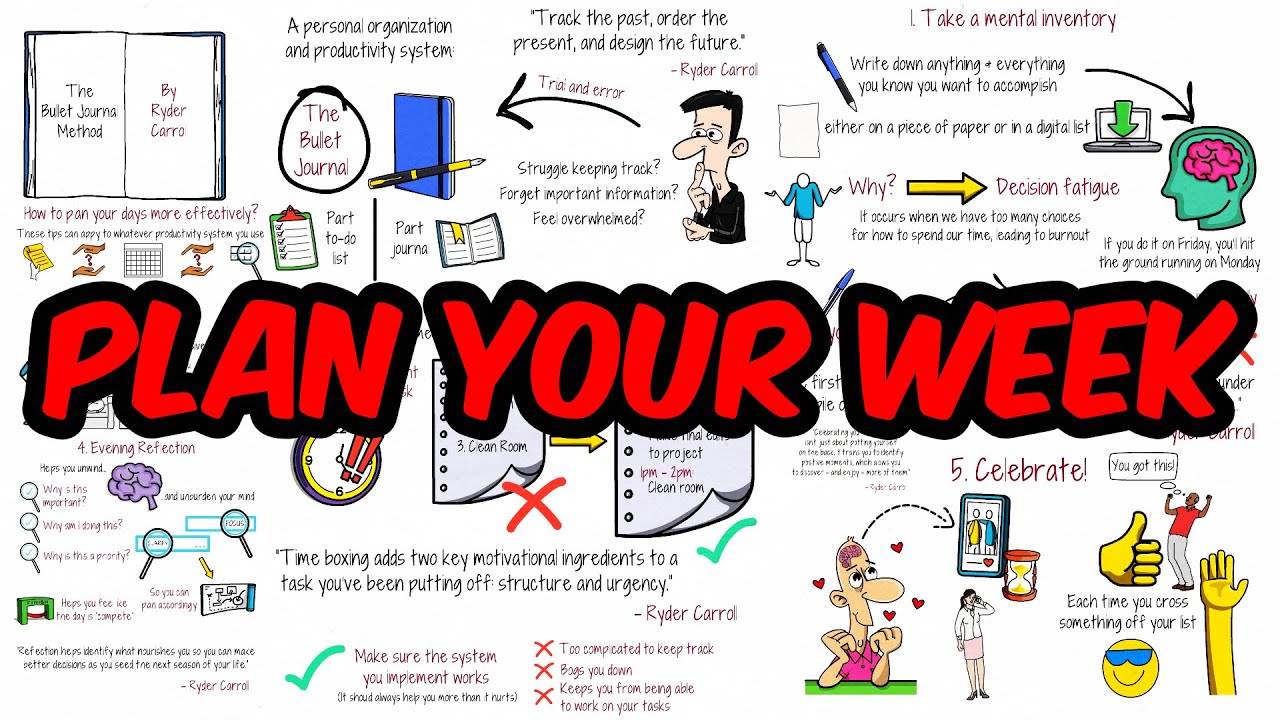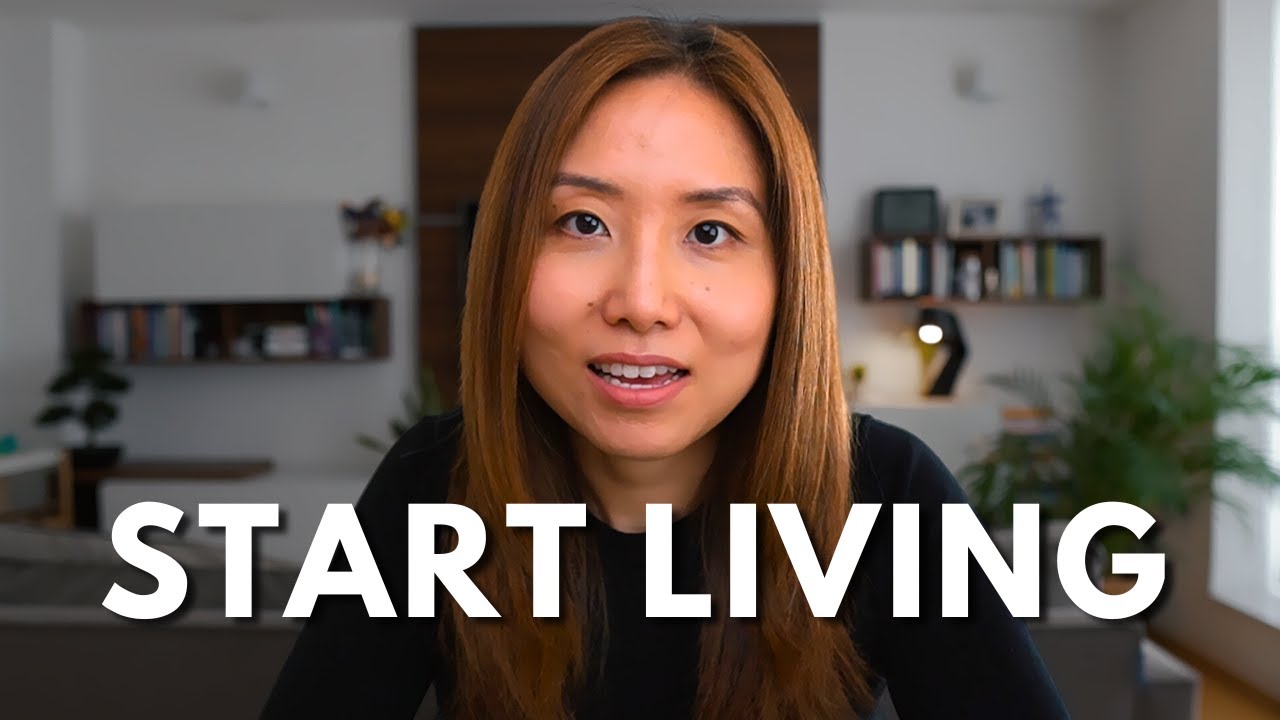Juggling classes, assignments, extracurriculars, and a social life can feel overwhelming for any student. But with the right strategies, you optimizing focus and productivity to achieve your goals without burning out. In this article, we’ll share practical tips and science-backed techniques to help you stay focused, manage your time effectively, and make the most of your busy schedule. Whether you’re preparing for exams or balancing multiple commitments, this guide will set you up for success.
Why Focus and Productivity Matter for Students
For students, focus and productivity are the keys to academic success and personal well-being. Here’s why they’re so important:
- Better Grades: Staying focused helps you absorb information and perform well on exams.
- Time Efficiency: Being productive allows you to accomplish more in less time, freeing up space for other activities.
- Reduced Stress: Managing your workload effectively minimizes last-minute cramming and anxiety.
- Work-Life Balance: Optimizing productivity ensures you have time for both academics and personal life.
5 Strategies to Optimize Focus and Productivity
Ready to take your focus and productivity to the next level? Here are 5 proven strategies tailored for busy students:
1. Use the Pomodoro Technique
- What It Is: A time management method that breaks work into focused intervals (usually 25 minutes) followed by short breaks.
- How to Use It: Set a timer for 25 minutes, work without distractions, then take a 5-minute break. After 4 cycles, take a longer break.
- Why It Works: Keeps your brain fresh and prevents burnout by balancing focus with rest.
2. Create a Dedicated Study Space
- What It Is: A quiet, organized area free from distractions where you can focus on your work.
- How to Use It: Choose a spot with good lighting, minimal clutter, and no distractions like TV or social media.
- Why It Works: A dedicated space signals to your brain that it’s time to focus, improving concentration.
3. Prioritize Tasks with the Eisenhower Matrix
- What It Is: A tool that helps you categorize tasks based on urgency and importance.
- How to Use It: Divide tasks into four quadrants:
- Urgent & Important: Do these tasks first.
- Important but Not Urgent: Schedule these tasks for later.
- Urgent but Not Important: Delegate if possible.
- Not Urgent & Not Important: Eliminate or minimize these tasks.
- Why It Works: Helps you focus on what truly matters and avoid wasting time on low-priority tasks.
4. Leverage Technology Wisely
- What It Is: Using apps and tools to stay organized and minimize distractions.
- How to Use It: Try tools like:
- Forest or Focus@Will to stay focused.
- Google Calendar or Trello to manage your schedule and tasks.
- Grammarly or Evernote to streamline your work.
- Why It Works: Technology can automate tasks, block distractions, and keep you on track.
5. Practice Mindfulness and Self-Care
- What It Is: Taking care of your mental and physical health to maintain focus and energy.
- How to Use It: Incorporate mindfulness practices like meditation, deep breathing, or journaling into your routine. Prioritize sleep, exercise, and healthy eating.
- Why It Works: A healthy mind and body are essential for sustained focus and productivity.

Real-Life Examples of Student Success
- Exam Prep: Students who use the Pomodoro Technique often report better focus and retention during study sessions.
- Time Management: Those who prioritize tasks with the Eisenhower Matrix manage their workload more effectively and reduce stress.
- Work-Life Balance: Students who practice mindfulness and self-care maintain higher energy levels and avoid burnout.
The Science Behind Focus and Productivity
These strategies are supported by research in cognitive psychology and neuroscience:
- Attention Span: The brain can only focus intensely for about 25-30 minutes, making the Pomodoro Technique effective.
- Environmental Cues: A dedicated study space helps the brain associate that area with focus and productivity.
- Task Prioritization: The Eisenhower Matrix aligns with the Pareto Principle (80/20 Rule), which states that 80% of results come from 20% of efforts.
- Mindfulness: Practices like meditation reduce stress and improve attention and memory.
Final Thoughts: Start Optimizing Your Focus Today
Optimizing focus and productivity isn’t just about working harder—it’s about working smarter. By implementing these strategies, you can achieve your academic goals, reduce stress, and create more time for the things you love.
At Onescholar.org, we provide actionable career growth and skill development tips to help you succeed in today’s competitive world.
VIDEO CREDIT:






